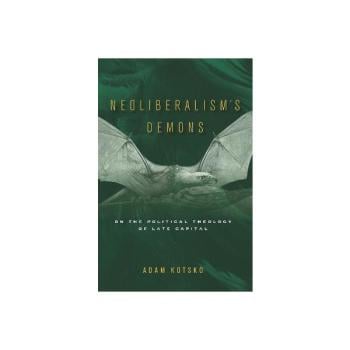The Church of Jesus Christ of Latter-day Saints is known for its seemingly outrageous claim that its founder, Joseph Smith, was visited by God the Father and God the Son and later by angels. Equally outrageous perhaps is the claim that the Church continues to be led by a living prophet, someone who guides the Church by revelation.
Less well-known is that each level of leadership of the Church is explicitly expected also to lead by revelation: seeking divine guidance in all decisions. Thus, though there are handbooks giving the broad guidelines for what different leaders are to do, the details of that work is supposed to be decided by inspiration, and when prompted by the Spirit a leader can even do what is not in line with those guidelines.
The principle goes even further, to individuals: as individuals, as family members, as members of congregations, we are supposed to live our lives under the direction of the Holy Ghost. To be confirmed a member of the LDS Church is to be commanded in a ritual blessing to do that very thing: "Receive the Holy Ghost" is at the heart of the confirmation rite. Though we receive commandments, ultimately our lives should be defined, not by obedience to law, but by our welcome of God's presence to us.
One LDS scripture, the Doctrine and Covenants, describes those commandments as blessings: "They shall be crowned with blessings from above, yea, and with commandments not a few, and with revelations in their time—they that are faithful and diligent before me" (D&C 59:4). Blessings / commandments / revelations come to those who are steadfast in the Lord.
Though Mormons may have unique ways of organizing themselves around this idea and though we may speak of it differently than others, the principle itself is hardly unique to Mormonism. As Moses prays, "Would God that all the Lord's people were prophets, and that the Lord would put his spirit upon them!" (Num. 11:29). Many religions besides Mormonism believe that true religion requires life by the Spirit.
As a believer, however, the problem is often that I do not know whether I am led by the Spirit or by my own desires. I would love to believe that my desires and those of God are so in line that they are the same. Perhaps someday, but certainly not now, not in this life or in any life I can presently imagine. Nevertheless there are times when what I want is in line with what God wants. How do I distinguish between those times and the times when I am just deceiving myself about that correlation?
That is part of the struggle of being a believer: on the one hand, I must recognize that I can only be a prophet of any sort within the spheres of my life if the word I receive and then enunciate is not my word. There is an important sense in which something cannot be inspiration if it is not alien to me. On the other hand, if it is merely alien, then it also cannot be genuine inspiration, for in that case it is not something that I say, something that comes from my heart and my devotion.
There can be no rule for deciding this struggle. There is no rule for transcending rule. A large part of being faithful means continuing to struggle with this difficulty, continuing to seek to speak the word of Another and yet to speak it as something that touches me inwardly and profoundly.
12/2/2022 9:09:22 PM





